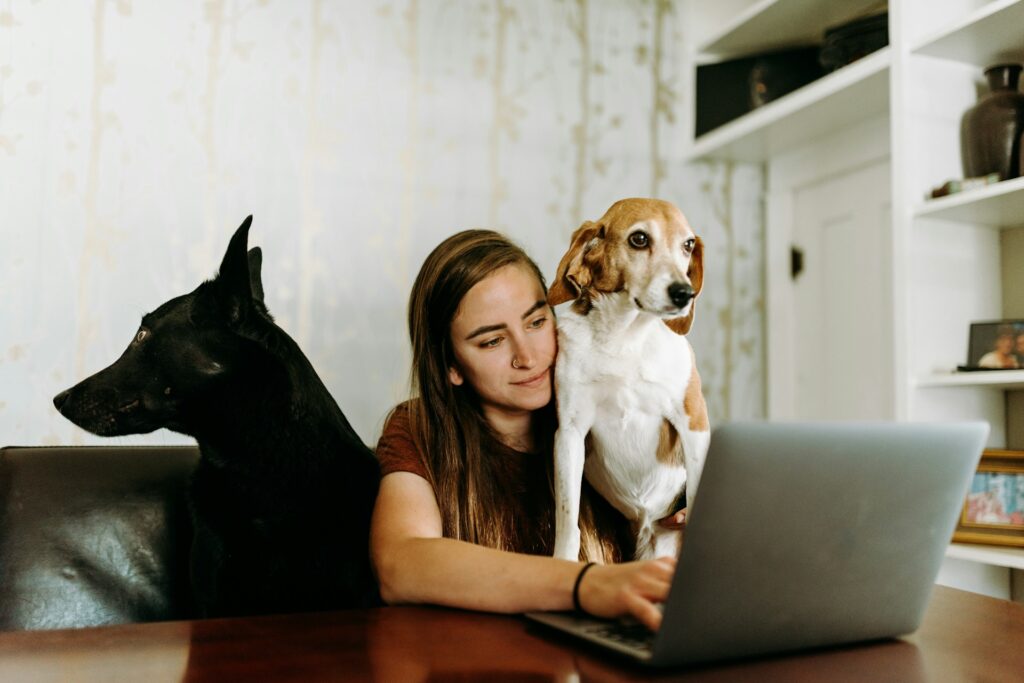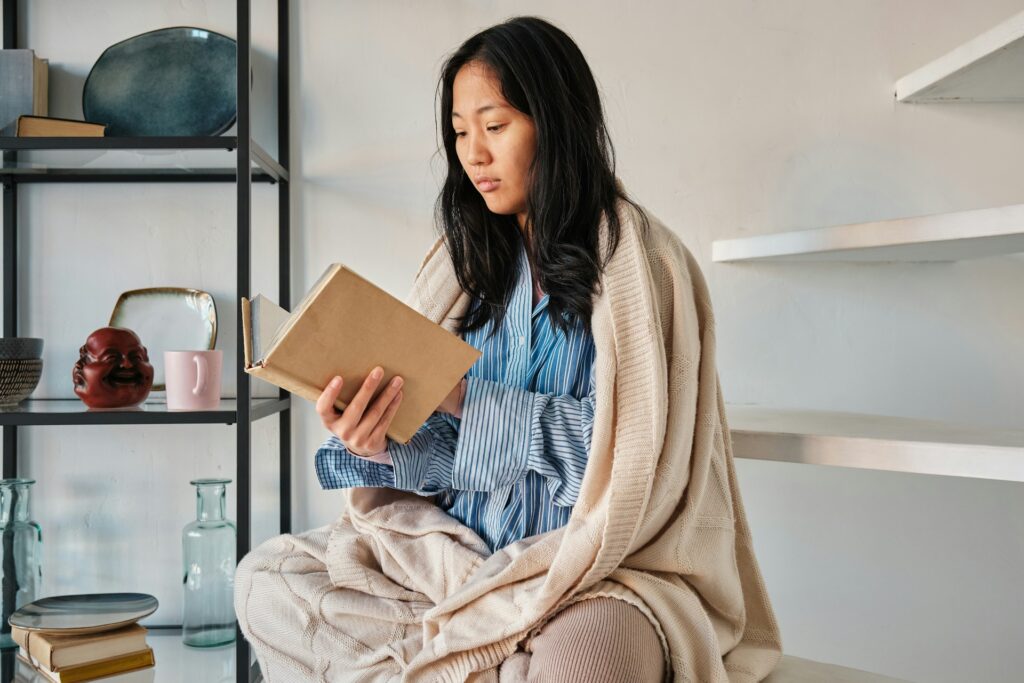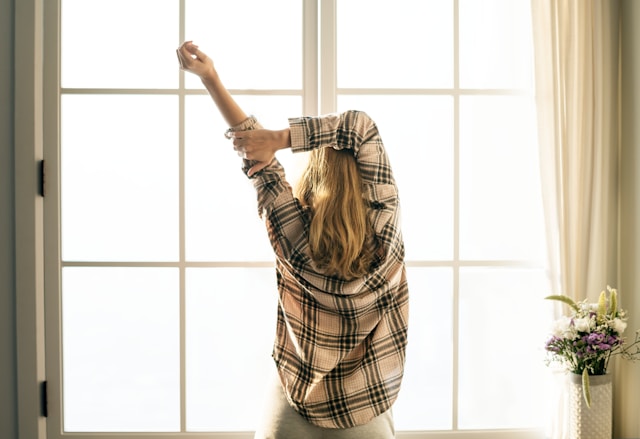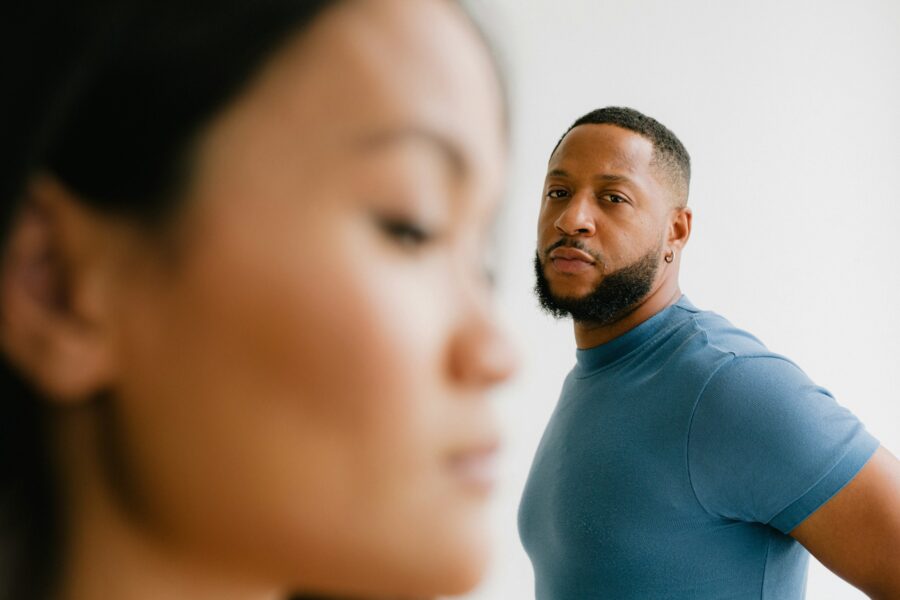Being alone gets a bad rap, and people often treat it like something to fix, as if spending time solo must mean something’s wrong.

However, being alone and feeling lonely aren’t the same thing at all. One can feel peaceful, grounding, even freeing. The other can feel hollow, even when you’re surrounded by people. The trick is learning how to be with yourself in a way that feels good, instead of heavy. That can change your whole relationship with your life. Here’s what starts to happen when you stop fearing alone time and start actually leaning into it.
1. You finally get some mental breathing room.

When you’re always plugged into people, conversations, noise—your brain never really gets a break. Alone time creates space. You get to let your thoughts wander without anyone needing anything from you. That kind of quiet can feel weird at first, but after a while, it’s kind of addictive. You realise how much noise you’ve been tuning out just to function—and how nice it is to not have to, even for a bit.
2. You remember what your natural pace feels like.

You stop rushing because someone else is, or waiting because someone’s late. It’s just… you. Your rhythm. You eat when you want, rest when you need, and move how you feel. It’s refreshing. You might realise your body’s been asking for a slower day or a longer walk all along—you just hadn’t had the quiet to hear it.
3. You don’t have to compromise with anyone.

You get to choose what to watch, eat, listen to, do—without negotiating, explaining, or adjusting for someone else. It’s not selfish. It’s just peaceful. You start doing things the way you actually like them. And sometimes, that’s when you realise you’ve been dimming your preferences to keep the peace without even noticing.
4. You realise you’re actually decent company.

If being alone makes you squirm, it might be because you’ve never been taught how to just sit with yourself. But once you get the hang of it, it stops feeling awkward and starts feeling kind of comforting. You laugh at something silly, take yourself on a walk, get into a flow with something random, and you think, “This isn’t bad. I like this.” And that moment really sticks.
5. You stop chasing the wrong kind of company.

When you’re okay on your own, you stop saying yes to plans just because you’re scared of being left out or being alone on a weekend. You wait for the right kind of people, and when they show up, you actually enjoy it more. The silence teaches you what real connection feels like—not just having people around, but people who actually feel good to be around.
6. You realise loneliness and solitude feel totally different.

Being around people doesn’t always make you feel connected, and being alone doesn’t always mean you’re disconnected. Sometimes, you feel most at ease when the world goes a bit quiet. Once you know what that difference feels like in your body, it gets easier to tell when you’re genuinely lonely, and when you just need time to reset.
7. Your self-worth stops depending on attention.

When you get comfortable being alone, you stop needing constant validation. You don’t need someone to text back right away to feel okay. You don’t need to post a highlight reel to feel seen. You start to feel enough, just as you are. Not because someone told you so, but because you sat with yourself long enough to feel it for real.
8. You notice ideas come easier when it’s quiet.

Without the usual distractions, your brain has space to play. Thoughts pop up you didn’t expect. You solve problems without trying. You start a project you’d been putting off and suddenly, it clicks. Creative energy tends to live under all the noise. Alone time just gives it a better shot at being heard.
9. You get better at naming what you’re really feeling.

Alone time pulls emotions into focus—not to overwhelm you, but to give you the space to actually feel them, instead of brushing past them like usual. You realise you’ve been frustrated, or sad, or just flat, and now you know why. That’s how emotions move—when they’re finally allowed to show up, that is.
10. You stop outsourcing your decisions.

When no one’s weighing in, you learn to trust your gut again. What you want, what feels right, what you’re ready to walk away from—it gets clearer. You stop second-guessing every choice. Because with less noise, your instincts get a little louder, and a lot more useful.
11. You feel calmer in relationships, too.

Once you’re okay with your own silence, you stop panicking when things go quiet with someone else. Every pause doesn’t feel like a threat anymore. It just feels like space. That makes you better at holding tension, listening more, rushing less, and not needing constant reassurance. It changes how you show up—for real.
12. The little things start to mean more.

When you’re not always focused on the next plan or the next person, the tiny stuff stands out. A warm drink. A good playlist. A moment of stillness. You notice it. You appreciate it more. That quiet presence isn’t boring—it’s stabilising. It reminds you that joy doesn’t always have to be loud to be real.
13. You stop fearing alone time, and actually protect it.

What used to feel like a gap becomes something you guard. You start carving out time just for you, not because you’re isolating, but because you’ve finally learned how good it feels. You realise you don’t need to be around people all the time to feel connected. Sometimes, you just need space to come back to yourself, and let that be enough.


